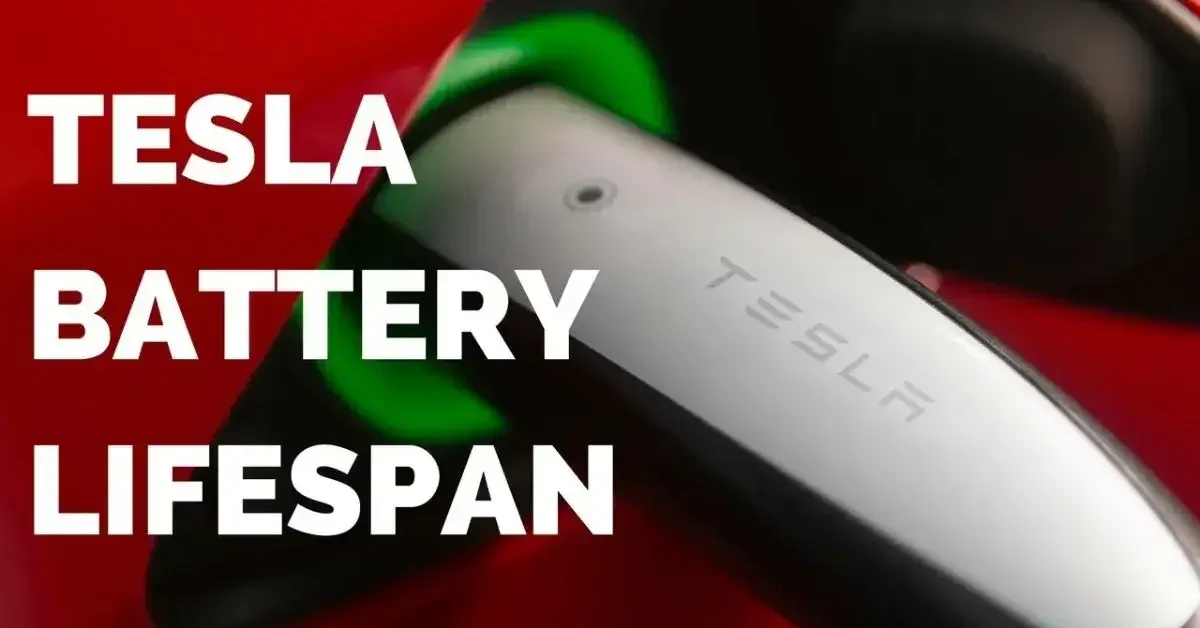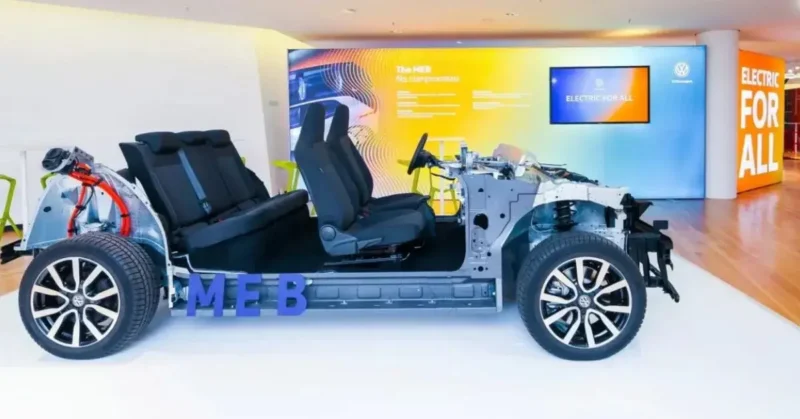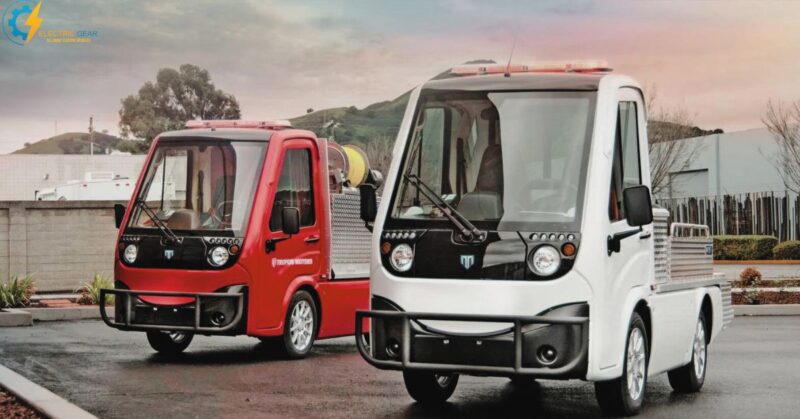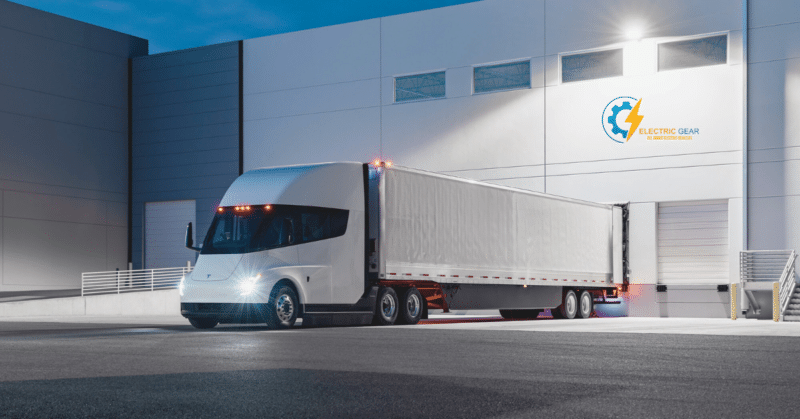Tesla EVs are best known for their impressive range and longevity of batteries. However, the exact lifespan of a Tesla battery is hard to predict. It can vary based on multiple factors, such as the Model of the vehicle, the battery size, driving habits, and environmental conditions.
Knowing the factors affecting the lifespan of a Tesla battery can help owners make informed decisions about how to maintain and care for their vehicle’s battery to maximize its lifespan and performance.
How Many Miles Does a Tesla Battery Last
300,000-500,000 miles or 21-36 years
Current and about-to-be owners of electric vehicles always remain ultra-conscious about how many miles does a Tesla battery lasts. Tesla, the forerunner of introducing innovation and technological advancement in electric automobiles and their battery’s longevity, has introduced models that can travel up to 500,000 miles.
Range of Tesla Battery
According to a 2019 Impact Report published by Tesla, some EV model batteries like Tesla Model S and X are designed in such a way that they can retain more than 80% of their energy after driving about 200,000 miles. Most Tesla batteries retain 70% of their energy even when their warranty expires roughly after 8 to 10 years.
Tesla claims its EV battery will outlive the vehicle itself. According to an estimate, most Tesla batteries will lose less than 5% of their power after traveling almost 50,000 miles and tend to lose 10% after traveling 190,000 miles.
How Long Do Tesla Batteries Last

When the Tesla EV battery retains less than 70% of its power, which may usually take 8 to 10 years (batteries having the latest technology are exceptional and are, thus, excluded), it’s time to replace the battery.
However, if you are not eager to go for new and are accessible with the old battery retaining less than 70% of energy, it may take you more than 500,000 miles in its lifespan total of 21 to 36 years lifespan; although you will get a lower mileage range per charge. Various factors, however, are liable to change the numbers mentioned above.
The average range for a Tesla EV battery with one charge is 267 miles or 20 years of longevity. Research, however, reveals enhancing EVs range up to 1 million and 4 million; Later on, Jeff Dahn, an expert on lithium-ion, says in a report published by the Journal of Electrochemical Society in 2022.
Factors Affecting Tesla Range
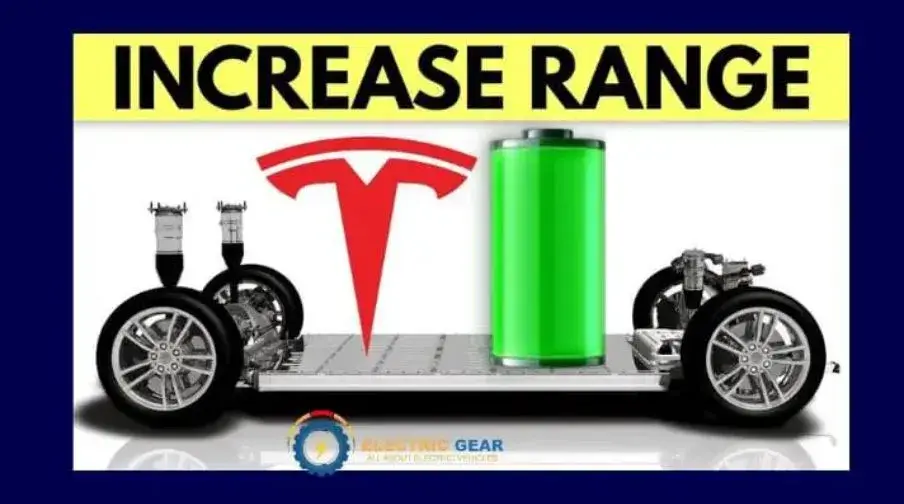
Factors affecting EV battery range may vary and are listed below.
Size of the Battery
Battery size matters the most when talking about the range of an EV. Tesla Model 3, with the lowest battery pack, has an average range of 267 on one charge, while Model S, with its largest battery, can have the capacity to travel up to 402 miles on the same amount of charging. Sizes of battery packs also determine the price of respective EVs.
Model of your Tesla
The type of vehicle you are using is another factor in determining the fate of the EV range. Mileage depends on the size of the battery because the EV motor needs electric energy to run, and the more the battery size, the more energy it will store to provide power to the motor. The greater the battery size, the more the range of an EV is.
Low and High State of Charges
Keep your EV’s battery from 20% to 80% because most Tesla batteries start to degrade fast when left at a very low or high state of charging periodically.
It’s advised to charge 80 to 90% of your EV battery for daily use for its longevity-however you can still charge it to 100% whenever needed.
Temperature and Climate
The battery should ideally remain in a neutral environment to perform its maximum. Its efficiency is reduced in cold weather; that’s why all EVs are designed with water-cool and internal Thermal Management Systems (TMS) to maintain the temperature of its battery and other components.
It helps enhance battery performance and prevent fast degradation. During cold (below 50 degrees Fahrenheit), you will find a slight drop in range due to the heat needed to warm up the battery. Below 30 degrees, the range loss becomes more visible.
Frequent exposure to extreme weather stresses the battery and starts degrading at an accelerated rate. Lithium-ion depreciates when exposed under certain temperature limits, and that is to say, below 32°F and above 80°F. Most EVSs today are designed with an internal thermal management system that enhances the battery’s longevity improves efficiency, and charges quickly.
Fast Discharging
Avoid quick charging, mainly when it’s cold outside. Charging the battery with a level 3 charger, which can charge the battery in less than an hour, can cause harm to the cells of the battery,
Battery Aging
Time spent by a battery is another factor in this concern. The older the battery is, the lower the range battery has. All EV batteries degrade and tend to lose range over time–however, on average, EV batteries can last up to 20 years.
Charge Cycles
Once the battery is charged and discharged is termed its one charge cycle. Every battery can support a limited number of charging cycles. As soon as these cycles are over, batteries lose mileage; just like our smartphones’ batteries, timing decreases as time passes.
One charge cycle means using 100% of battery power once it is fully charged, and if you discharge it to 0% after complete charging, it’s equivalent to one charge cycle. The average charge cycle of an EV battery is, 1,000-however deep induction of technology has increased these cycles to about 4,000.
Excessive use of the supercharger
Tesla Superchargers can charge the battery from 10% to 80% in just 35 minutes; however, it may have detrimental effects if used frequently. Quick charging degrades the battery faster, so try to charge the battery at home as much as possible.
How Much Would it Cost to Replace Tesla Battery?
It ranges between $13,000 and $15,000
The cost to replace the battery in Tesla Models may vary based on the battery pack size and the type of vehicle you own. Replacement costs the owner from $13,000 to $15,000, and one must expect to pay up to $20,000 for these ranges, including labor charges. Tesla Model
The sedan is the case in hand, costing $13,000 to $20,000 for battery replacement.
However, the cost may go up or down from an average cost based on the labor you pay and the availability of skilled and professional technicians.

Imran is an experienced content writer who crafts engaging and informative articles for a variety of industries. With a keen eye for detail and a passion for storytelling, Imran delivers high-quality content that resonates with readers. Whether he’s writing blog posts, social media content, or website copy, Imran is committed to delivering compelling content that drives results.

